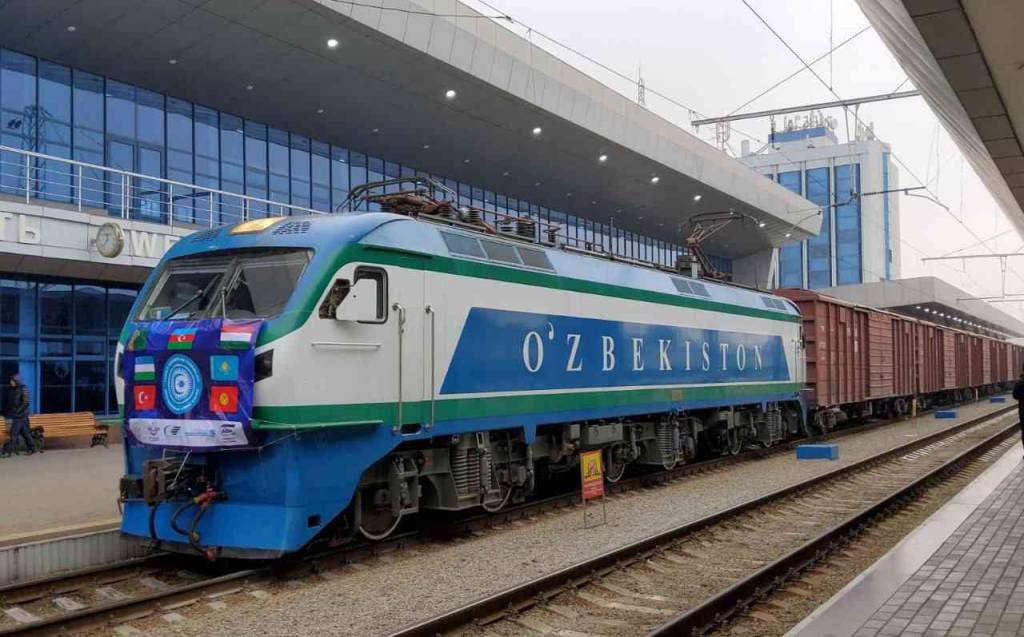Uzbekistan is aiming to double the volume of international cargo transport and increase export revenue from transport services to $3bn in 2025. These goals were presented during a briefing attended by President Shavkat Mirziyoyev on January 11, 2025, emphasizing the need for modernization and diversification in light of global challenges.

Key Figures and Developments
Over the past seven years, Uzbekistan has made significant strides in transport logistics:
- The number of freight vehicles has increased sevenfold, reaching 26,000 units.
- The share of domestic transporters in international freight has risen from 35% to 60%.
Despite these advances, geopolitical tensions have caused delays and cost increases in western trade routes. Delivery times to Western markets have doubled, while costs have risen by 1.5 times. Border closures and lengthy queues at checkpoints in some European countries have further compounded these challenges.
Strategic Measures for 2025
To address these issues and strengthen its transport network, Uzbekistan has outlined the following key initiatives:
- Streamlining Transit: Simplify cargo transit through countries along alternative trade routes to reduce delays and costs. Efforts will focus on mutual reductions or eliminations of border tariffs.
- Boosting Local Freight Services: To support domestic freight forwarders, services for international cargo transport will be exempted from VAT, aiming to increase the market share of local companies to 45-50%.
- Expanding Transit Potential: Enhance Uzbekistan’s role as a transit hub by introducing electronic queue systems at borders, reducing border crossing times to 20 minutes, and implementing online vehicle monitoring.
These measures aim to solidify Uzbekistan’s logistics standing, as evidenced by its improving ranking in the World Bank’s Logistics Performance Index. The increased transit capacity is also expected to attract investments and strengthen trade and economic ties.
Taxi Services Reform
The government is also addressing the growing demand for non-linear taxi services. Since the introduction of temporary self-employed taxi licenses two years ago, the number of drivers has grown sixfold to 457,000. This system will now become permanent.
Uzbekistan’s taxi service market has also expanded with the rise of 151 aggregator companies. New regulations will clearly define these aggregators’ obligations to the government, drivers, and passengers, ensuring a fair and efficient market.
Comments (0)